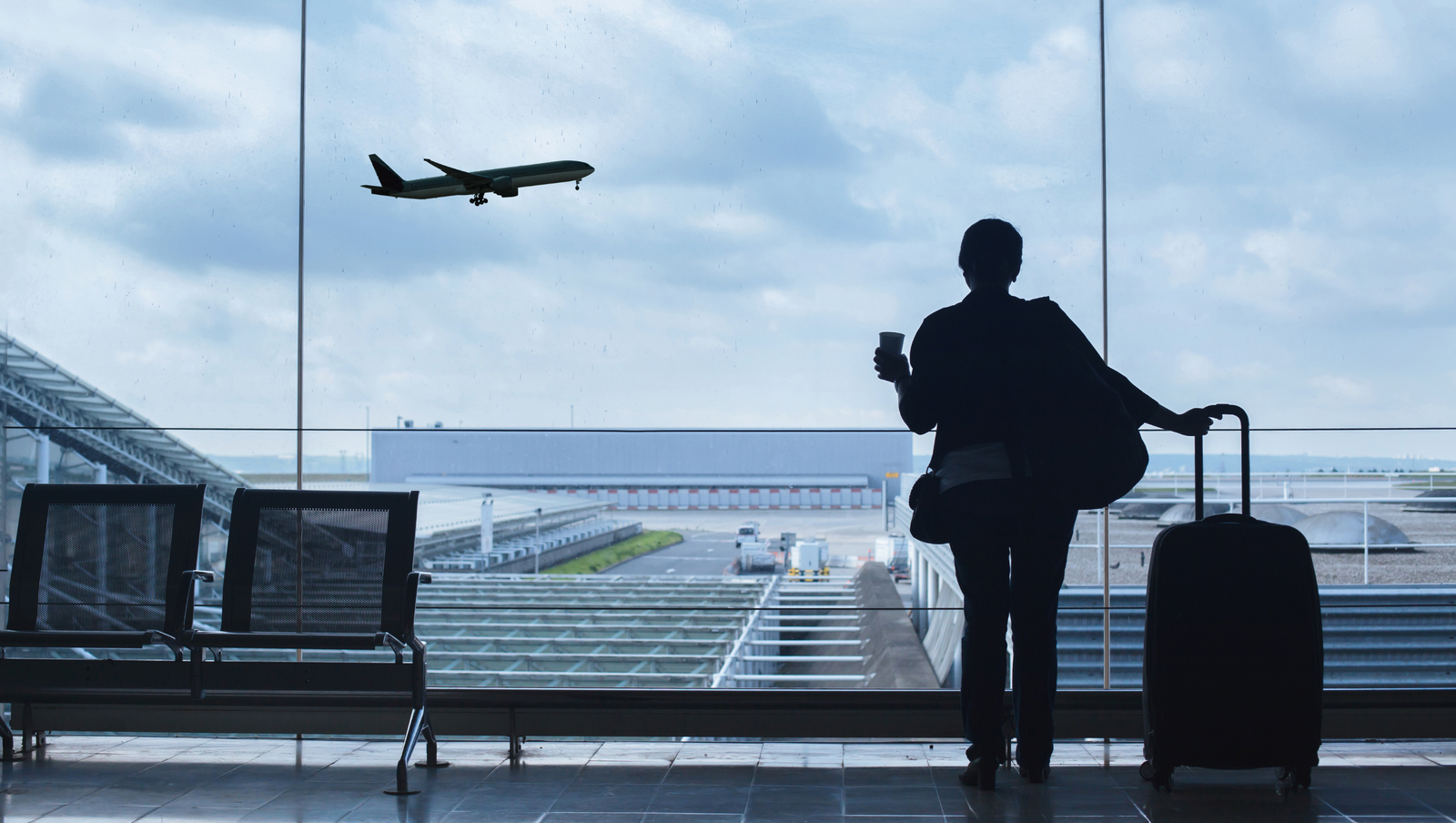It is mandatory for foreigners who wish to work in the Philippines to secure work permits. There are three types of work permits available:
Special Work Permit
An expatriate who has short-term plans to stay and work in the Philippines needs to apply for a Special Work Permit (SWP) with the Bureau of Immigration. An SWP allows foreigners to work under a Tourist Visa (9A).
Applicants seeking to secure this type of permit, which is valid for 3 to 6 months, are typically musical artists and performers; professional athletes, coaches, trainers; movie and TV crew; journalists; lecturers, researchers and those pursuing academic work; missionaries; commercial models; chefs other non-citizens who provide temporary services.
Those who anticipate working in the Philippines for more than 6 months, however, must apply for an Alien Employment Permit (AEP).
Alien Employment Permit
Having an AEP will allow a foreigner to secure gainful employment or to practice their profession under reciprocity and the terms of other international agreements. Its initial validity of one year can be extended for up to 5 years.
An AEP is co-terminus with the holder’s employment or consultancy services. To be eligible for this permit, one must also occupy an executive, advisory, supervisory or technical position. Note that this permit is valid only for the exact company and position for which it was issued.
The applicant must also hold any one of the following:
• A Special Investors Resident Visa (SIRV)
• Special Retirees Resident Visa (SRRV)
• A Treaty Traders Visa (9d)
• Special Non-Immigrant Visa (47(a)2)
Provisional work permit
Foreign nationals who hold a temporary visitor visa and would like to be legally hired in the Philippines will need a provisional work permit (PWP) which is valid for up to six months from the date of issuance. Securing a PWP will enable the holder to work while their work visa is being processed.
This provisional permit is valid until one of two types of working visa — either a 9 (g), which is a pre-arranged employment visa; or a 9 (d), also known as a treaty trader’s visa — has been secured.
The 9(g) visa is the most common type of visa issued to foreigners who wish to work in the Philippines. One must first secure an AEP from the DOLE before this multiple-entry visa can be issued.
The validity of this visa is co-terminus with the holder’s employment contract, but cannot be longer than 3 years. This visa can be extended to cover dependents, i.e., a spouse and any children below 21 years old.
The 9 (e) visa, on the other hand, applies mainly to nationals of Japan, America, and Germany – these are countries with which the Philippines holds trade treaties. Citizens of these countries may enter the country as a treaty trader or investor.
Anyone applying for a visa and a work permit in the Philippines should prepare their documents in a timely manner and ensure that their paperwork is complete to facilitate processing.
For expert advice on everything to do with securing work permits in the Philippines, engage the services of the experts at Duran & Duran-Schulze Law. Call (+632) 4785826 or email mailto:info@duranschulze.com for inquiries.
https://emerhub.com/philippines/applying-for-a-work-permit-in-the-philippines/
https://www.rappler.com/nation/222848-bureau-immigration-issues-stricter-work-permit-requirements-foreigners
https://www.aseanbriefing.com/news/2017/08/18/guide-employment-permits-foreign-workers-philippines.html





